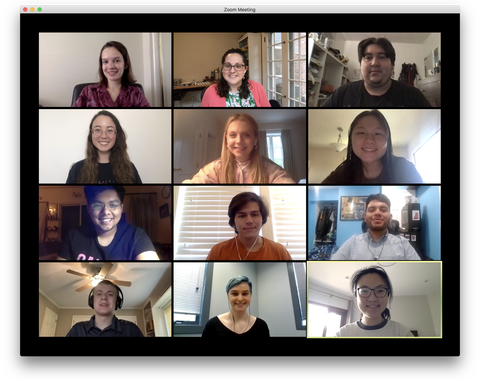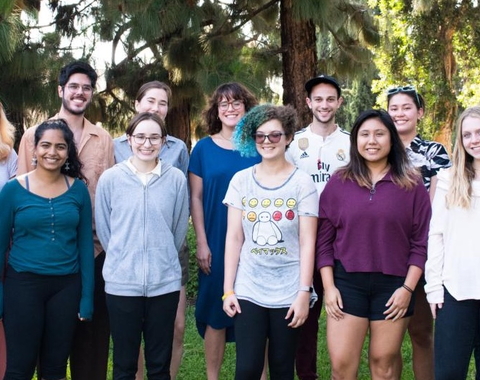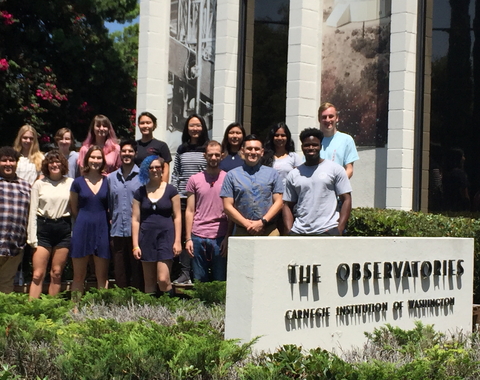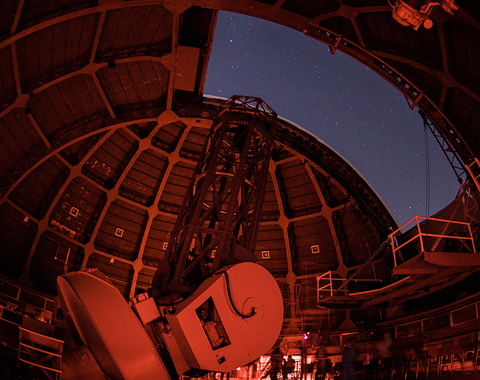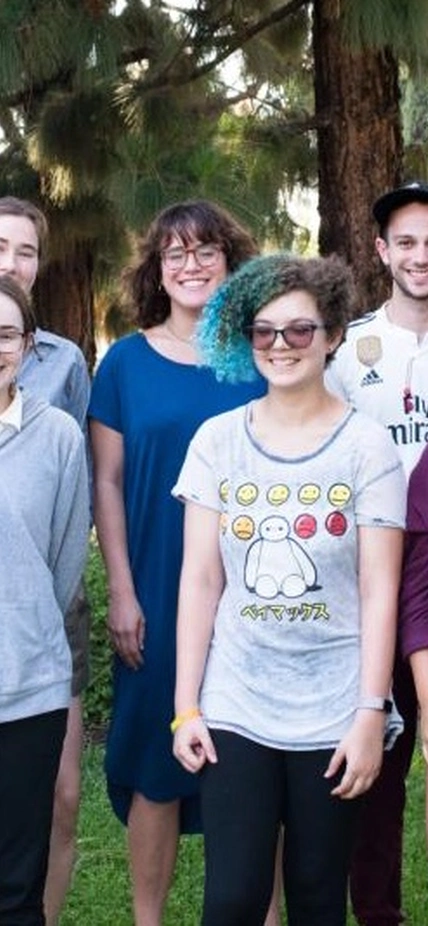Carnegie Astrophysics Summer Student Internship Program (CASSI)
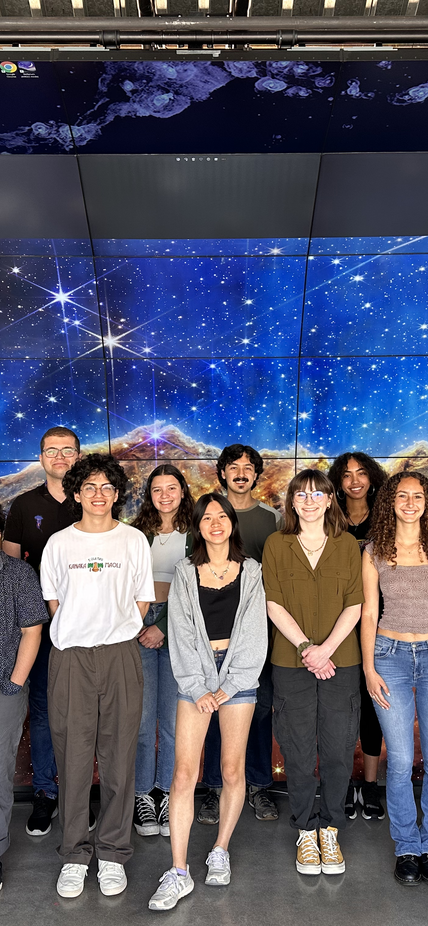

2024 CASSI Program Dates Will Be
June 17 - August 23
Carnegie Observatories is seeking undergraduate students interested in paid scientific research internships during the 2024 summer. We invite applications from all students enrolled in institutes of higher learning in California, or who are current or prior residents of the state and are attending school elsewhere. One of the goals of the summer program at Carnegie is to increase participation and retention of under-represented groups in astronomy. As such, we encourage applicants from under-represented groups and diverse backgrounds, including DACA and international students studying in the state of California, to apply.
Applications are due on January 31st.
Information for 2024 CASSI Participants
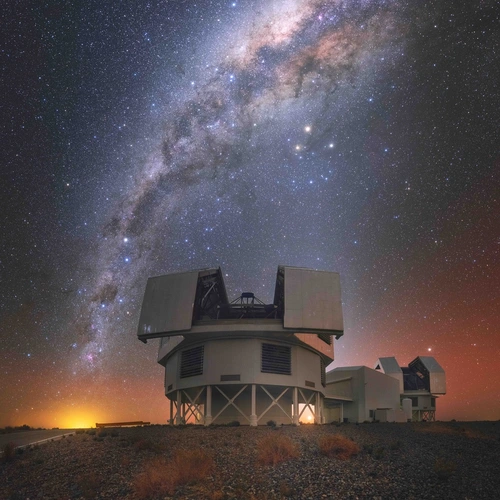
Research
Using data from Carnegie's telescopes, students will have the chance to work on topics such as exoplanets, early galaxies, black holes, and dark matter.
Previous Projects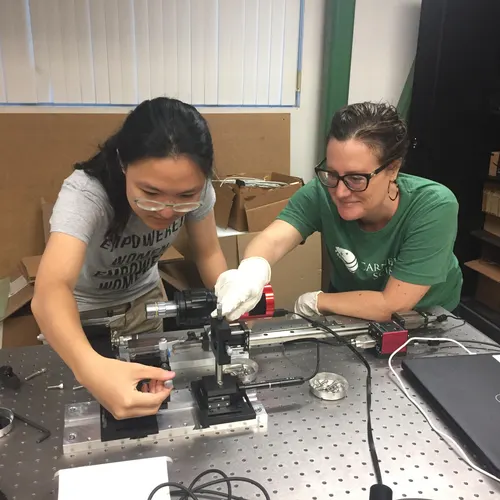
Mentoring
CASSI interns are paired with broader mentoring teams to help support their development during their time at Carnegie and beyond.
Our Faculty & Postdocs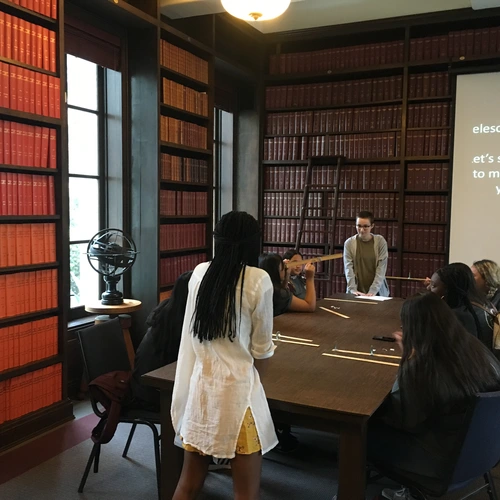
Diversity, Equity & Inclusion
One of the goals of CASSI is to increase participation and retention of under-represented groups in astronomy. We encourage Black, Hispanic, and Indigenous scholars, first-generation college students, and women to apply. CASSI interns participate in programming highlighting the importance of diversity, equity, and inclusion in Astronomy, as well as STEM more generally. The students also organize an annual outreach program for Upward Bound high school students where they share their expertise on college with potential first-generation college students.
Learn More
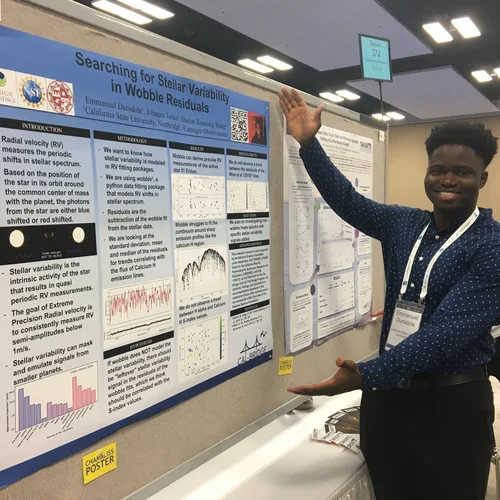
Science Communication
CASSI interns participate in a wide range of programs during the summer aimed at improving their scientific communication. These range from writing and poster workshops to short weekly oral presentations of their work. The program culminates in a symposium where all students present the results of their research program to the Observatories community. Upon successful completion of the program, all students will also be given the opportunity to attend the American Astronomical Society meeting the following January to present their research.
Contact the CASSI Director
Director of the CASSI Program, Gwen Rudie, is a Staff Scientist at Carnegie who specializes in observational studies of distant galaxies and the diffuse gas which surrounds them, called the circumgalactic medium. She is also a Project Scientist for the Magellan Infrared Multi-object Spectrograph (MIRMOS), a near-infrared multi-object spectrograph and integral field unit to be deployed at the Magellan 6.5-meter telescopes at Carnegie's Las Campanas Observatory in Chile. Rudie is deeply committed to advancing Diversity, Equity, and Inclusion in science, leading multiple programs at the Observatories. She was also a member of the Carnegie Diversity, Equity, and Inclusion Committee and the Carnegie Climate Survey Working Group.
Email GwenMore Information
- AstroBetter: A blog with lots of useful resources for the astronomer.
- Astrobites: write-ups about astronomy papers by grad students for undergraduates
- AAS Committee on the Status of Minorities in Astronomy
- AAS Committee on the Status of Women in Astronomy
- AAS Committee for Sexual Orientation and Gender Minorities in Astronomy
- Women in Astronomy blog
- Astronomy in Color blog
- Working Group on Accessibility and Disability
- Guide to reading astronomy papers and participating in astronomy seminars
- The Carnegie Observatories Help pages. For technical info specific to our campus.
- Local information about Pasadena.
- Approachable Experts.
